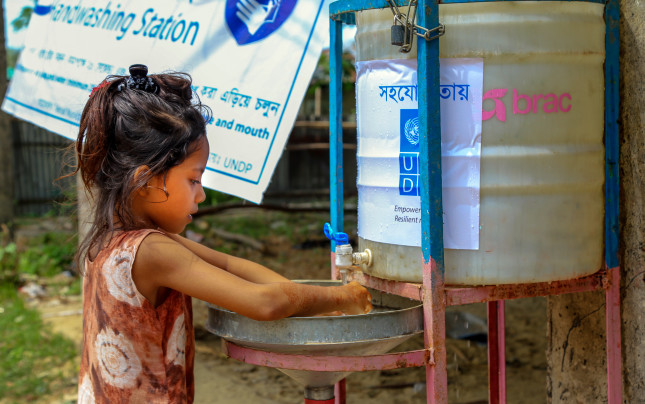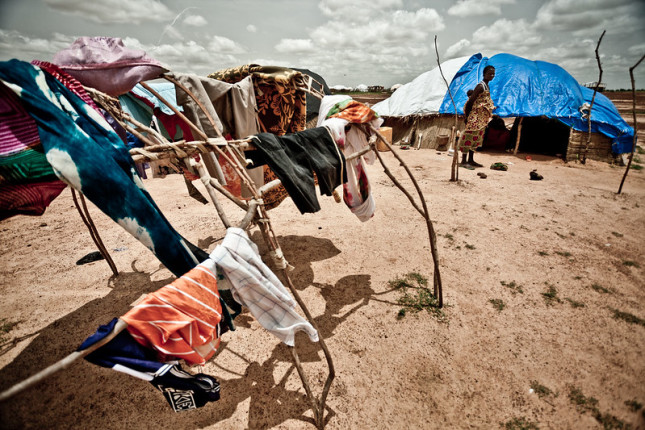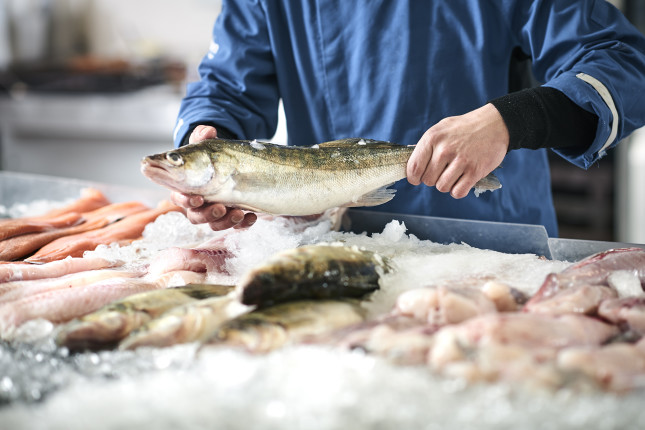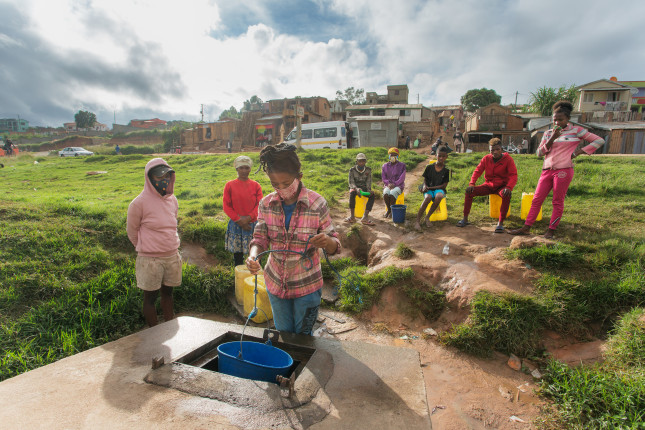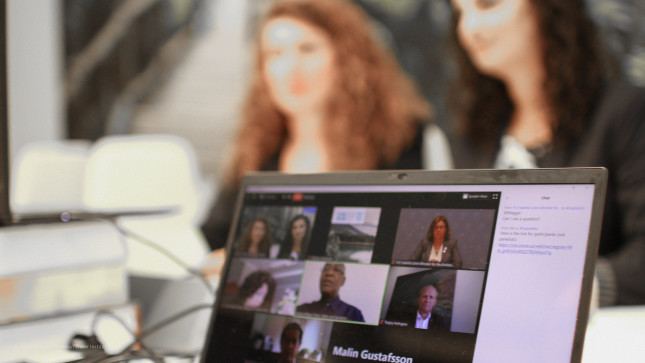-
Turning the Tide: How Can Indonesia Close the Loop on Plastic Waste?
›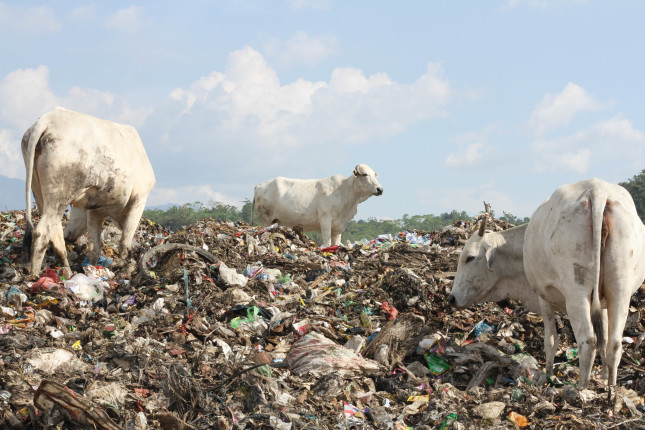
Indonesia. Crystal blue waters, palm trees swaying in the wind, endless sandy beaches, lush tropical jungles, towering mountains, lakes, rivers, and more; all are images that may come to mind when you think of Indonesia. But like other Asian countries, Indonesia’s booming development and increased consumption have generated an immense amount of waste, particularly single-use plastics that are leaking into the ocean.
-
How We Birth Babies Makes It Hard to Breastfeed
›
Breastfeeding may seem natural. Yet many women find it hard to get off to a good start with breastfeeding. Sharp decreases in breastfeeding rates around the world reflect this continuing challenge. While most women still choose to breastfeed, many ultimately feel they have no other choice than to stop breastfeeding earlier than anticipated. In the UK, 80 percent of mothers surveyed said they stopped breastfeeding before they wanted to. Many women describe shattered expectations, feelings of deep sadness, guilt, and anger from their breastfeeding experience.
-
Innovation in Financing Brightens WASH Galaxy: Funding for Water, Sanitation and Hygiene Starts to Arrive Faster, With Clearer Requirements
›
People devoted to financing water, sanitation and hygiene in developing nations worried for much of 2020. Utility customers stopped paying their water bills. Funders altered their priorities. Heads of state turned their attention to other virus-related emergencies.
But did COVID-19 affect funding enough to slow progress toward universal access to clean water, safe sanitation, and hygiene? And if it did, by how much?
-
Building Resilience in the Sahel in an Era of Forced Displacement
›
“The impacts of displacement present major challenges at every level of decision-making, but the opportunities for interventions that build resilience to climate change, foster social cohesion, and address gender and other disparities—well they’re also very real as well,” said Ambassador Mark Green, President, Director, and CEO of the Wilson Center, during his opening remarks at a recent event hosted by the Wilson Center and Population Institute to explore innovative approaches to addressing the underlying drivers of forced displacement in the Sahel.
-
Aquaculture is Fishing to Gut Plastic Waste—In The United States and China
›
In May 2009, I was traveling with researchers from the Shandong Academy of Agricultural Sciences to learn about rural water pollution. One of them realized it was Mother’s Day and decided to treat the 3 mothers in the group to a fishing trip. We soon pulled into a farm with rows of large concrete ponds filled with fish. This was my first introduction to the world’s largest aquaculture industry, where fish are farmed in ponds, reservoirs, and even rice paddies. China produces 50 million tons of seafood annually, far eclipsing the 0.5 million tons farmed in the United States.
-
Black Maternal Health Week 2021 Achieves Historic White House Recognition
›
“This week is Black Maternal Health Week, and make no mistake, Black women in our country are facing a maternal health crisis. Black women are two to three times more likely to die in connection with childbirth than other women. We know the primary reasons why—systemic racial inequities and implicit bias,” said Vice President Kamala Harris at a White House Roundtable she hosted with Ambassador Susan Rice in honor of Black Maternal Health Week. The event was the first event of its kind at the White House—Black women who have experienced loss and complications during pregnancy, childbirth, and postpartum were invited to share their experiences and their work in Black maternal health advocacy and research.
-
Pandemic Brings WASH to Rare Inflection Point: Despite Fears of Collapse, Water, Sanitation, and Hygiene Draw Closer to Epic Goal
›
Until 2016, the agrarian residents of east Kenya’s Kitui county had never encountered a water quality monitor like Mary Musenya. Wearing a bright blue company jersey and furnished with sample bottles and plastic trays, the young Kenyan is a water safety officer for FundiFix, a tiny rural water supply service company. She is one of 20 staff who manage 130 pumps, plus pipes and water tanks that serve 82,000 people across a 1,000 square-mile service area in Kitui and Kwale counties.
-
Digital Water Diplomacy: Keeping Water Dialogues Afloat
›
In 2020, the world experienced the convergence of the global water and climate change crises, the COVID-19 pandemic, and economic recession. The compounded emergencies hit even well-prepared countries hard. For the more than 50 percent of the world’s population that relies on transboundary freshwater sources for their drinking water, the renewed urgency for access to water for sanitation raised additional challenges. Effectively responding to the crises demanded an elevated degree of communication and coordination between neighboring states precisely when coordination and collaboration processes encountered new barriers to effective transboundary engagement. As neighboring states instituted travel restrictions, water dialogues had to adapt through digital water diplomacy processes.
Showing posts from category *Blog Columns.



